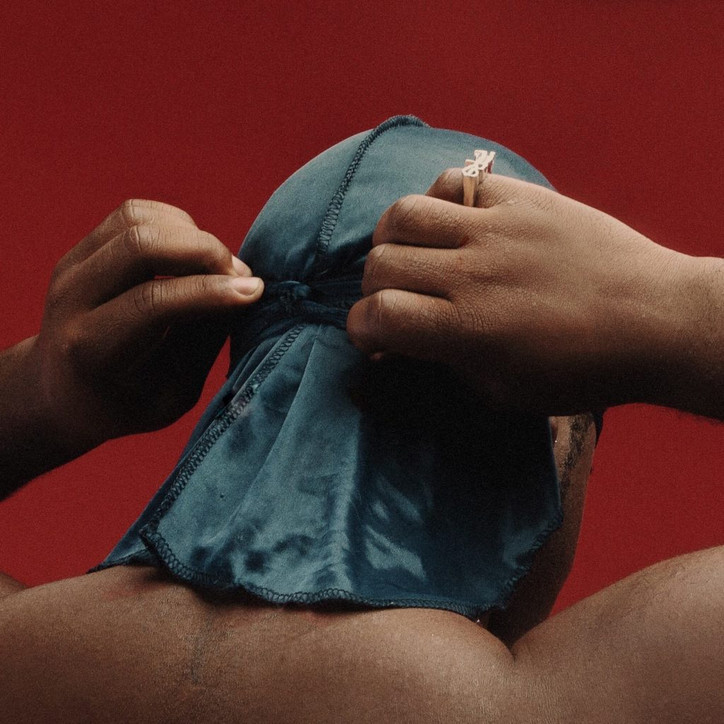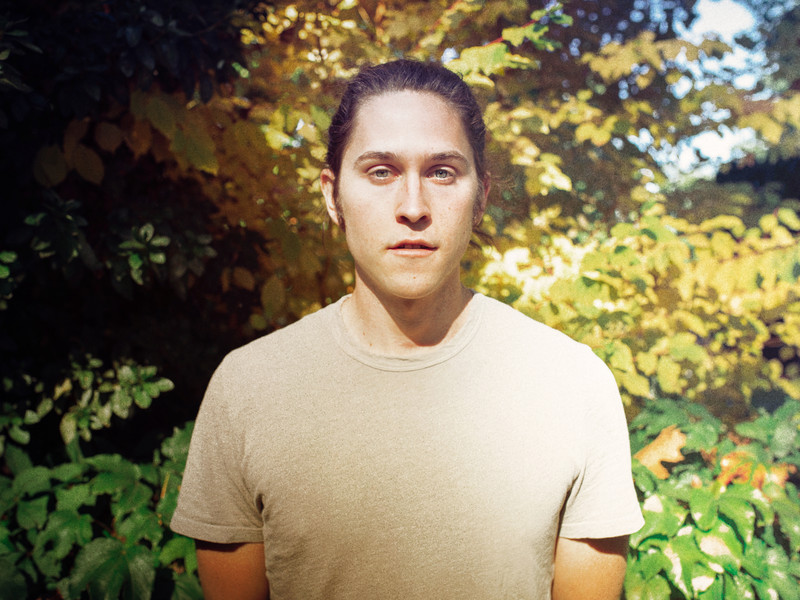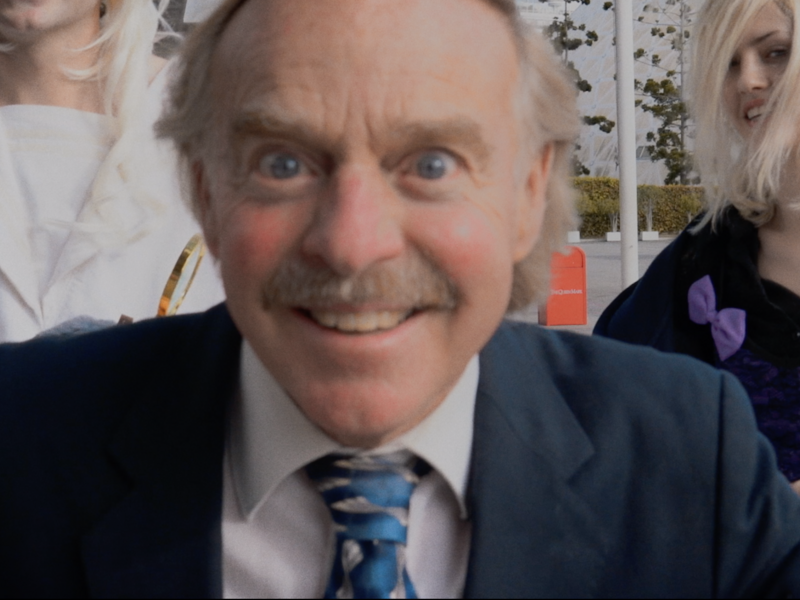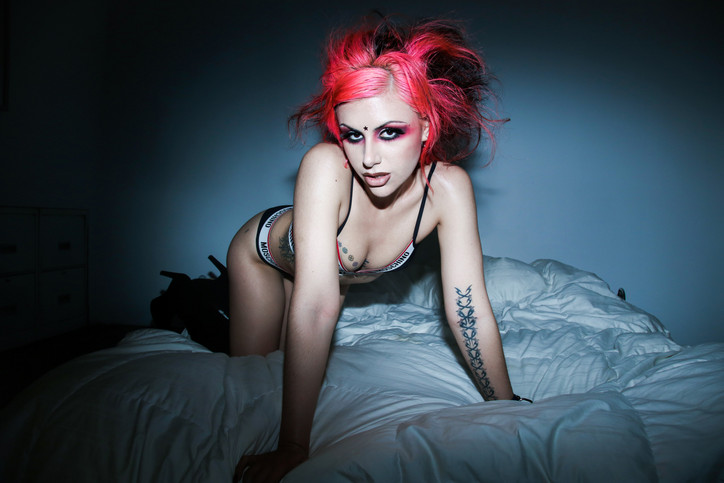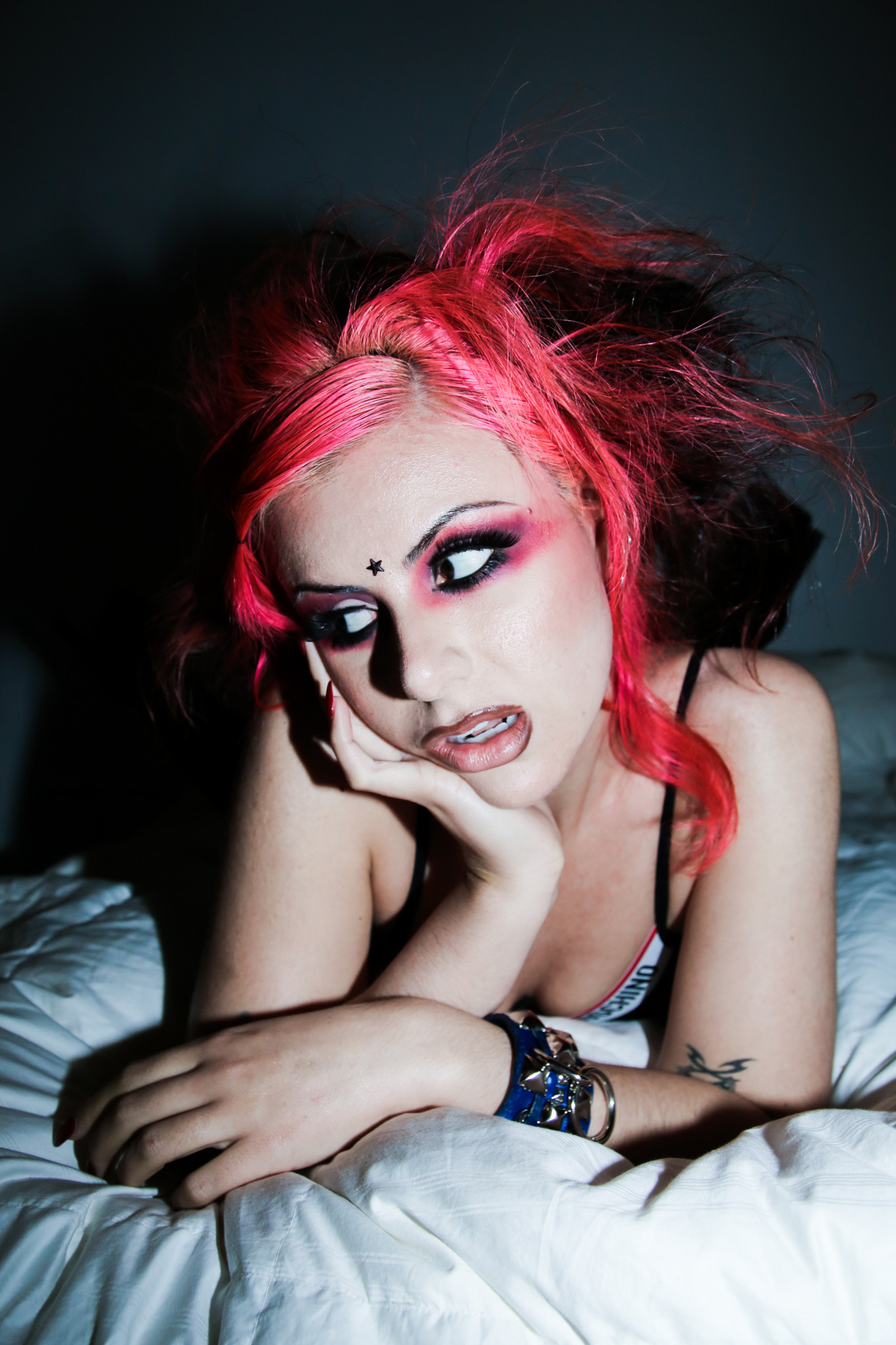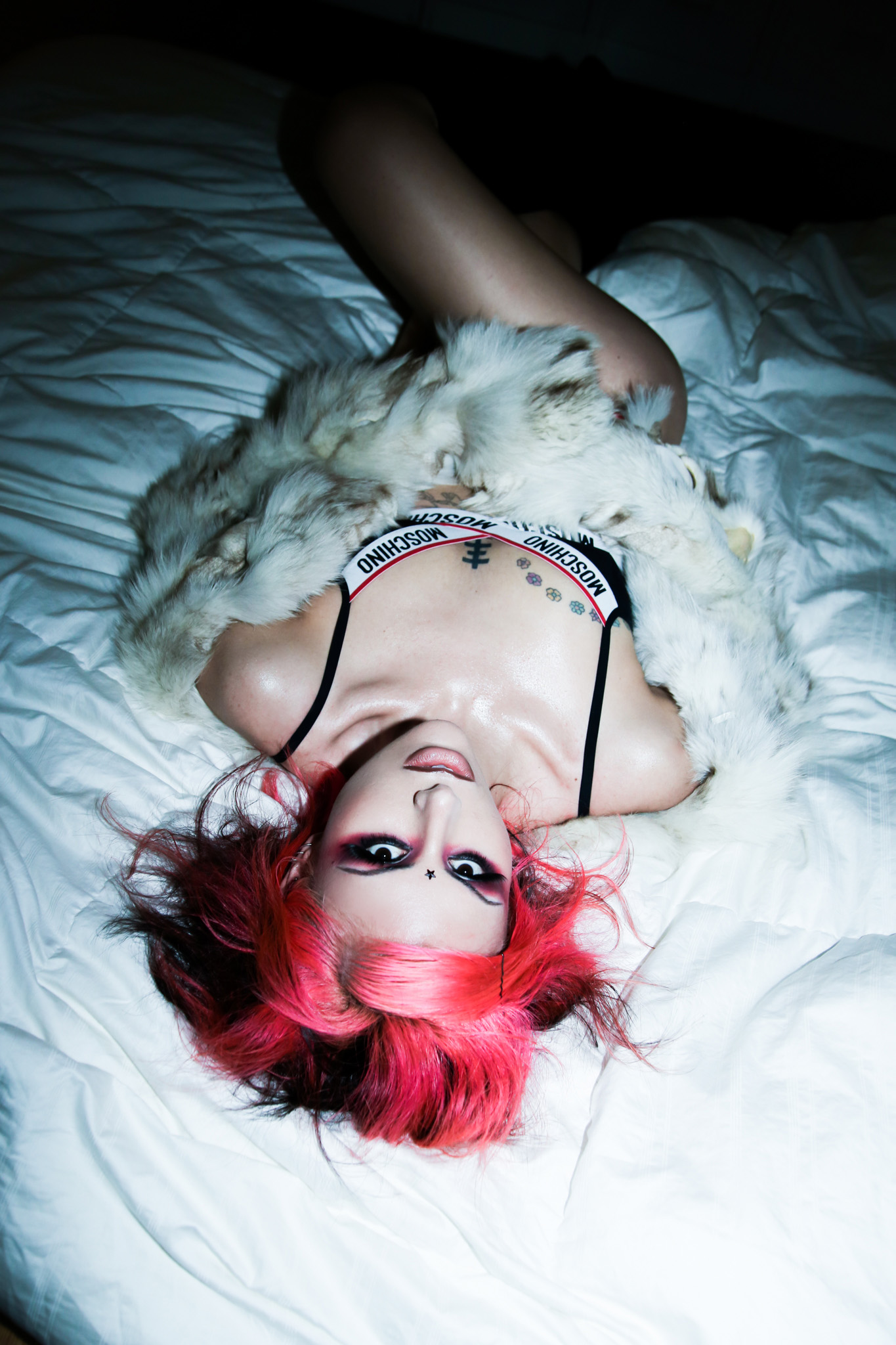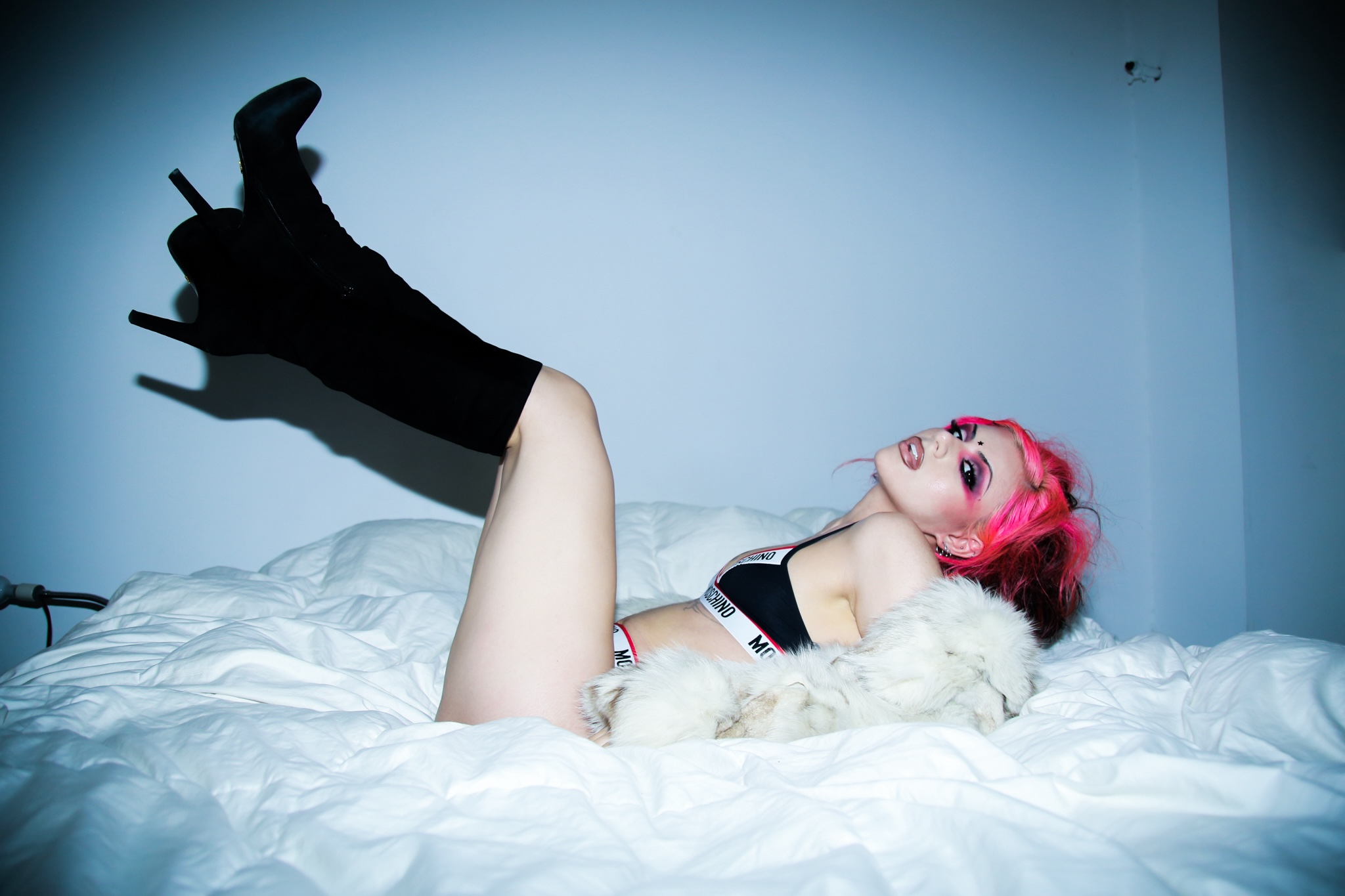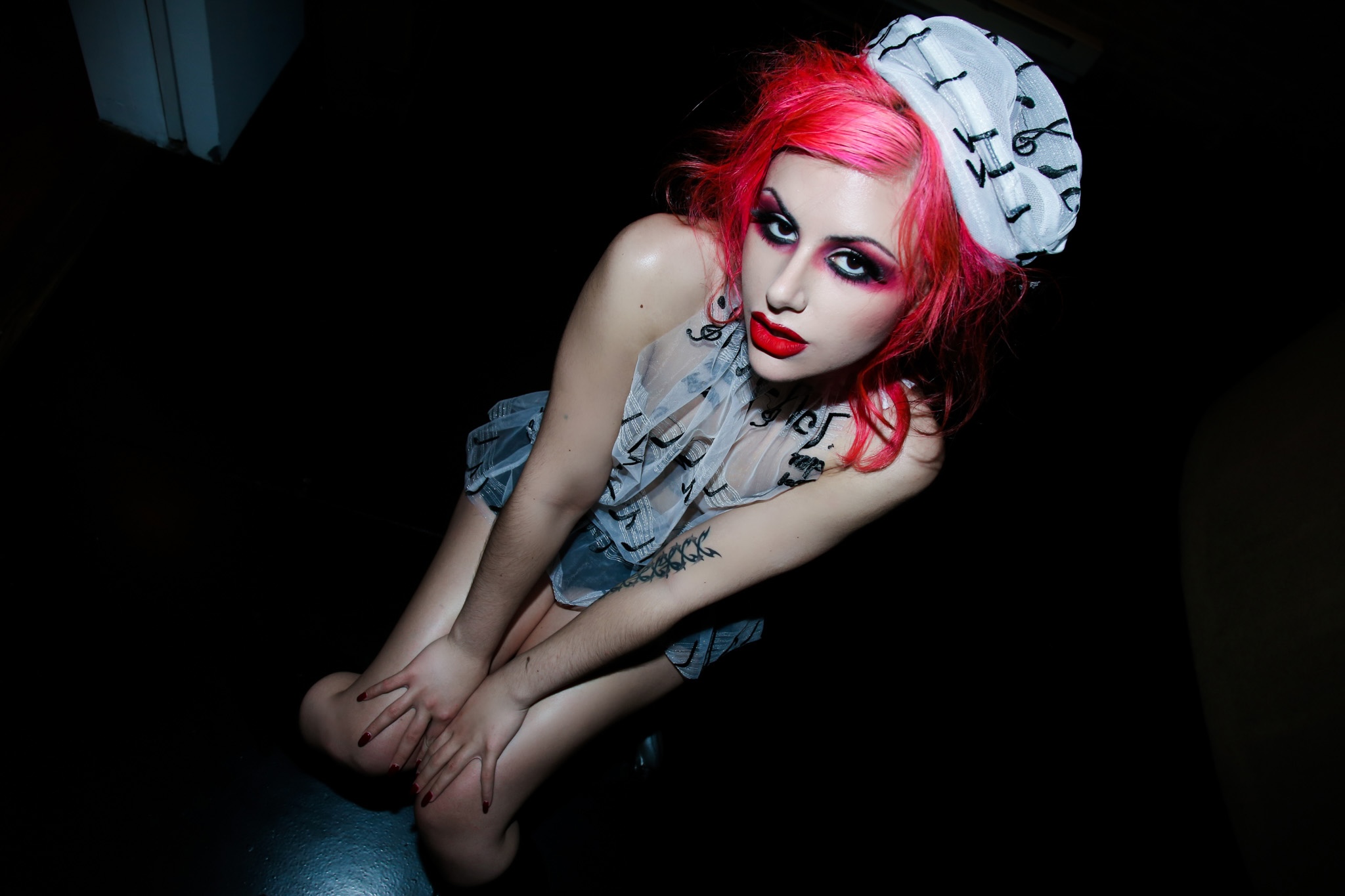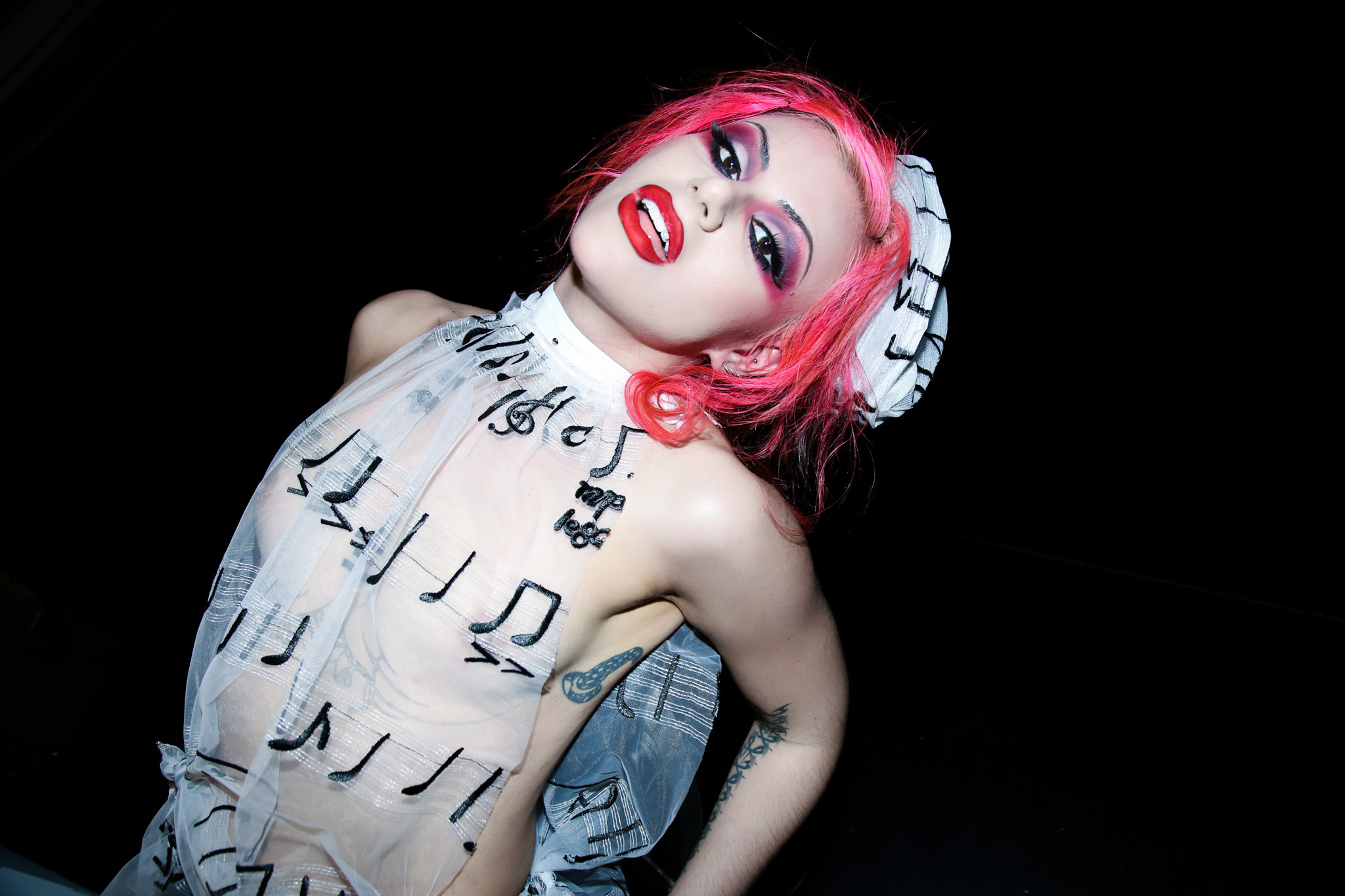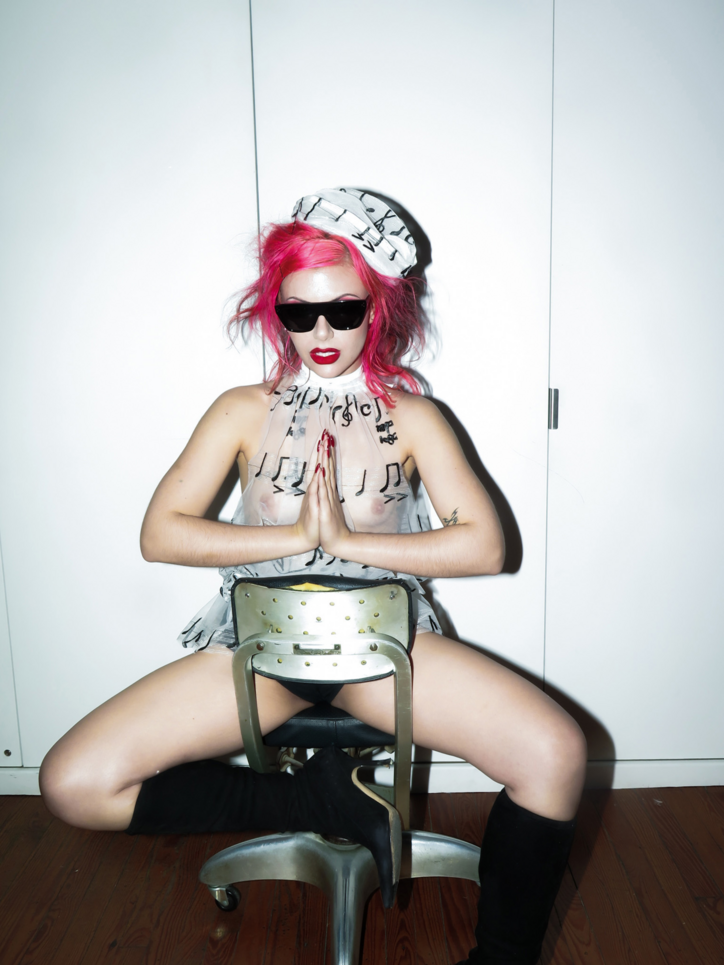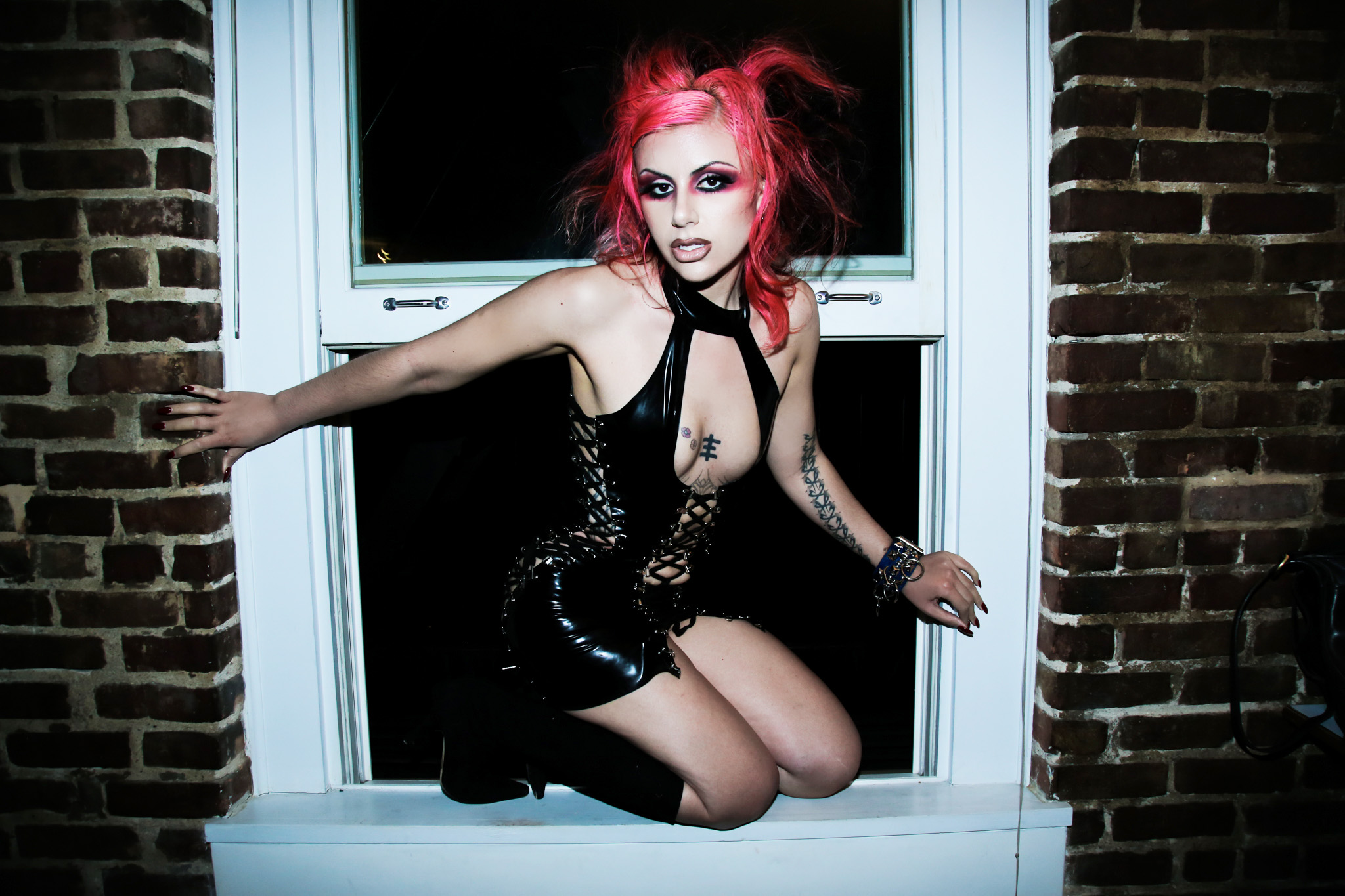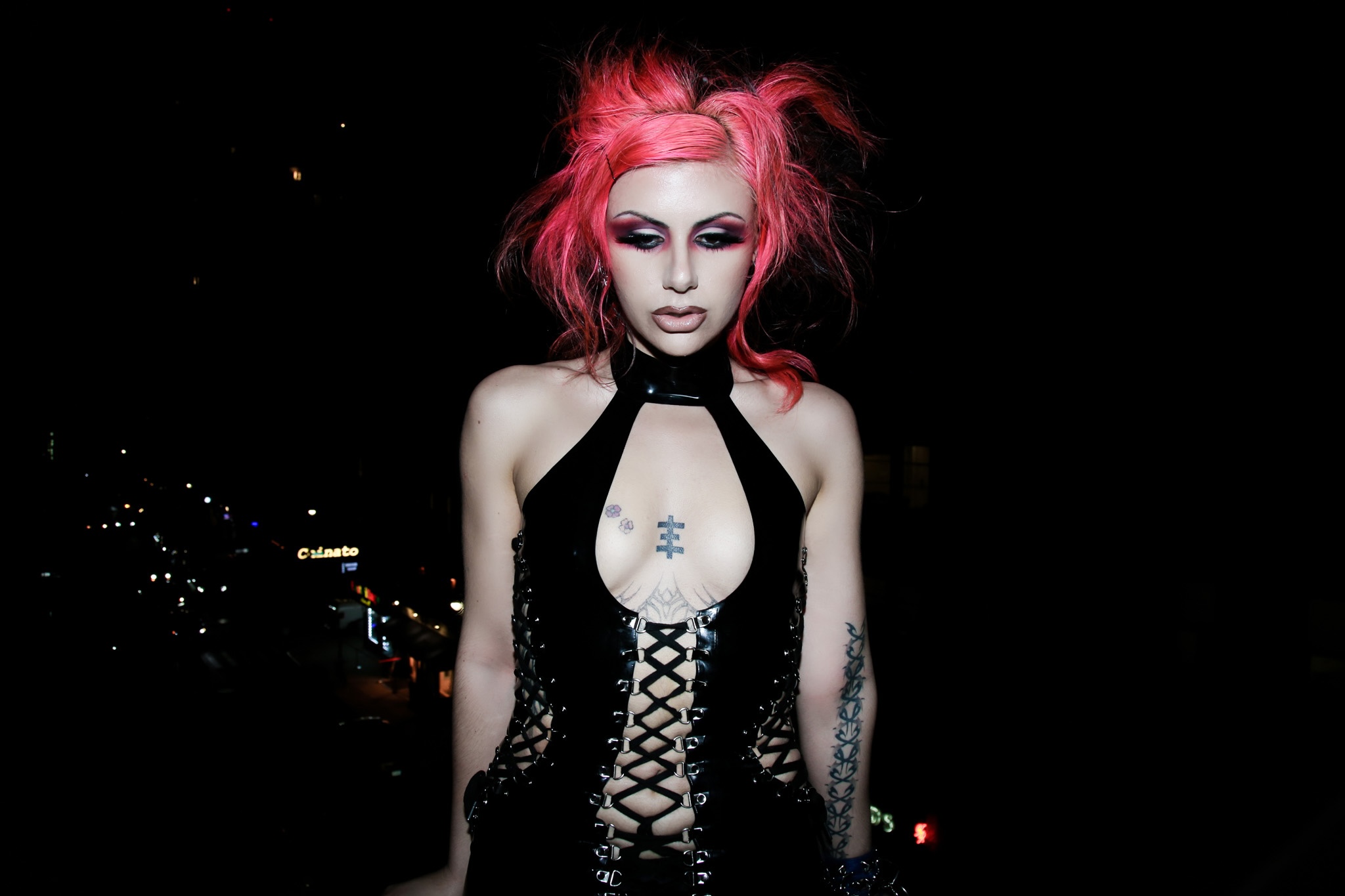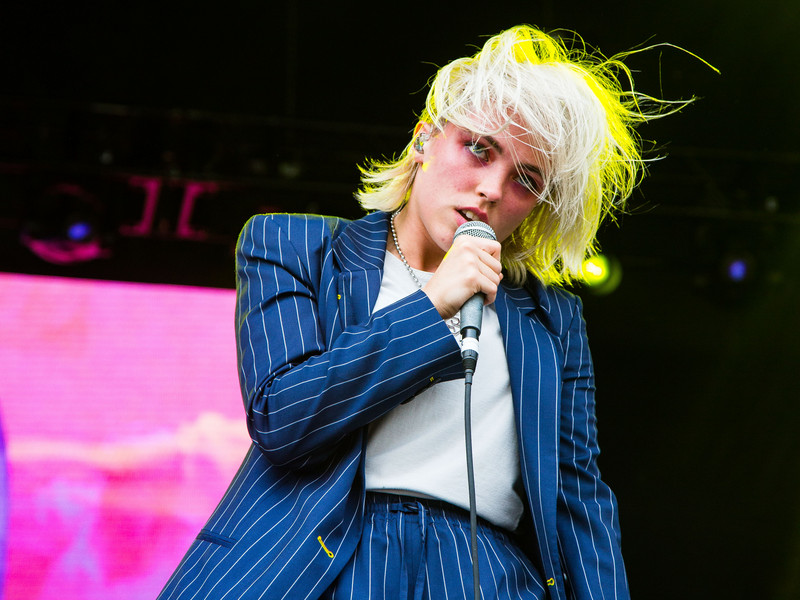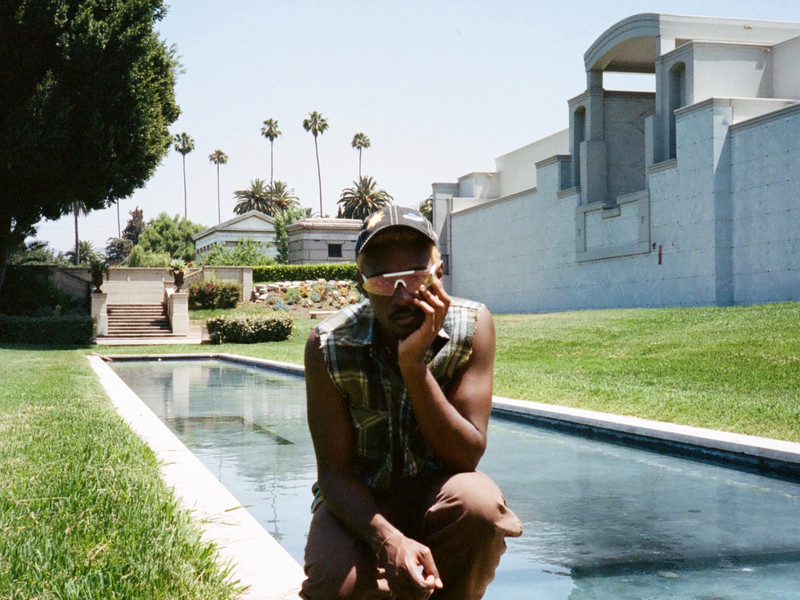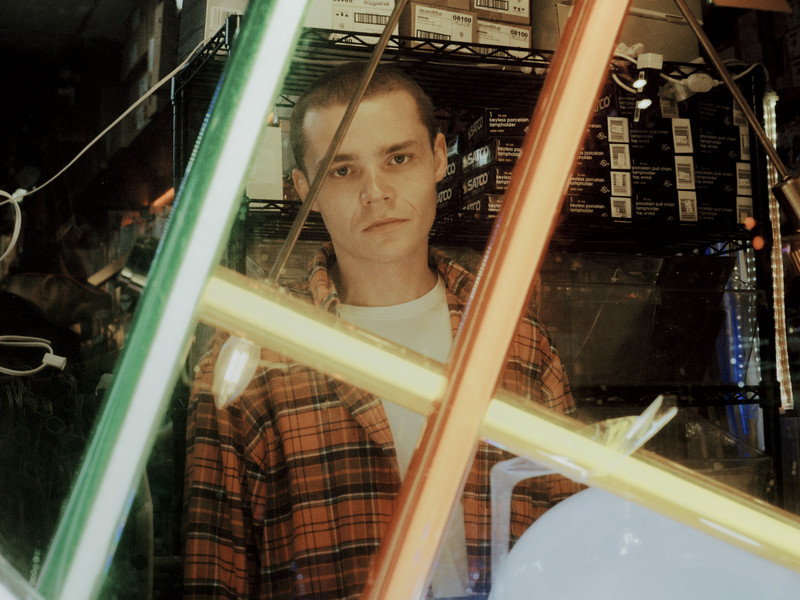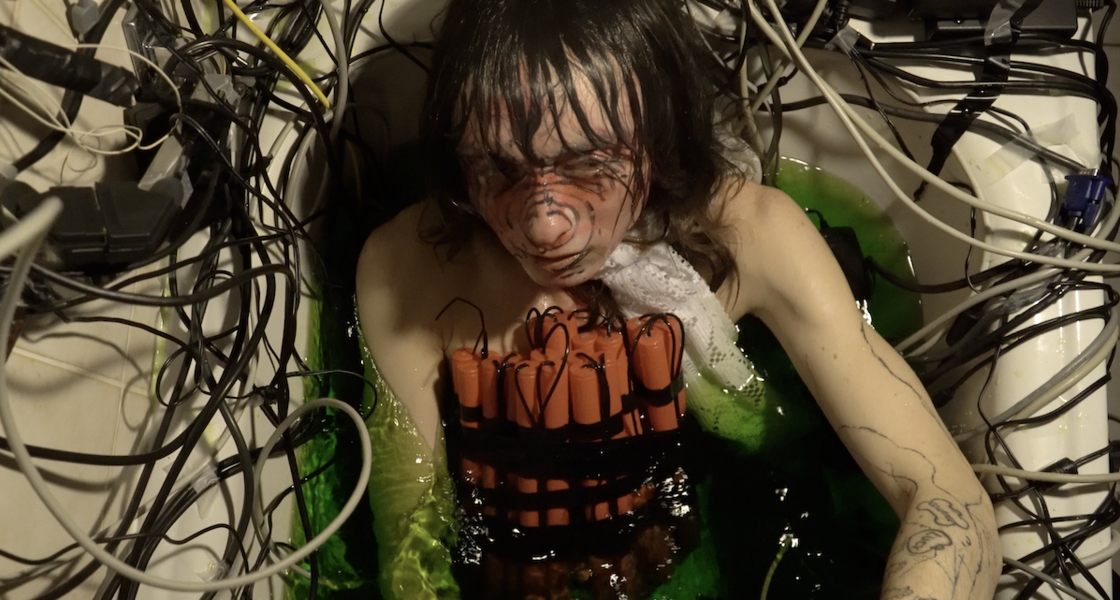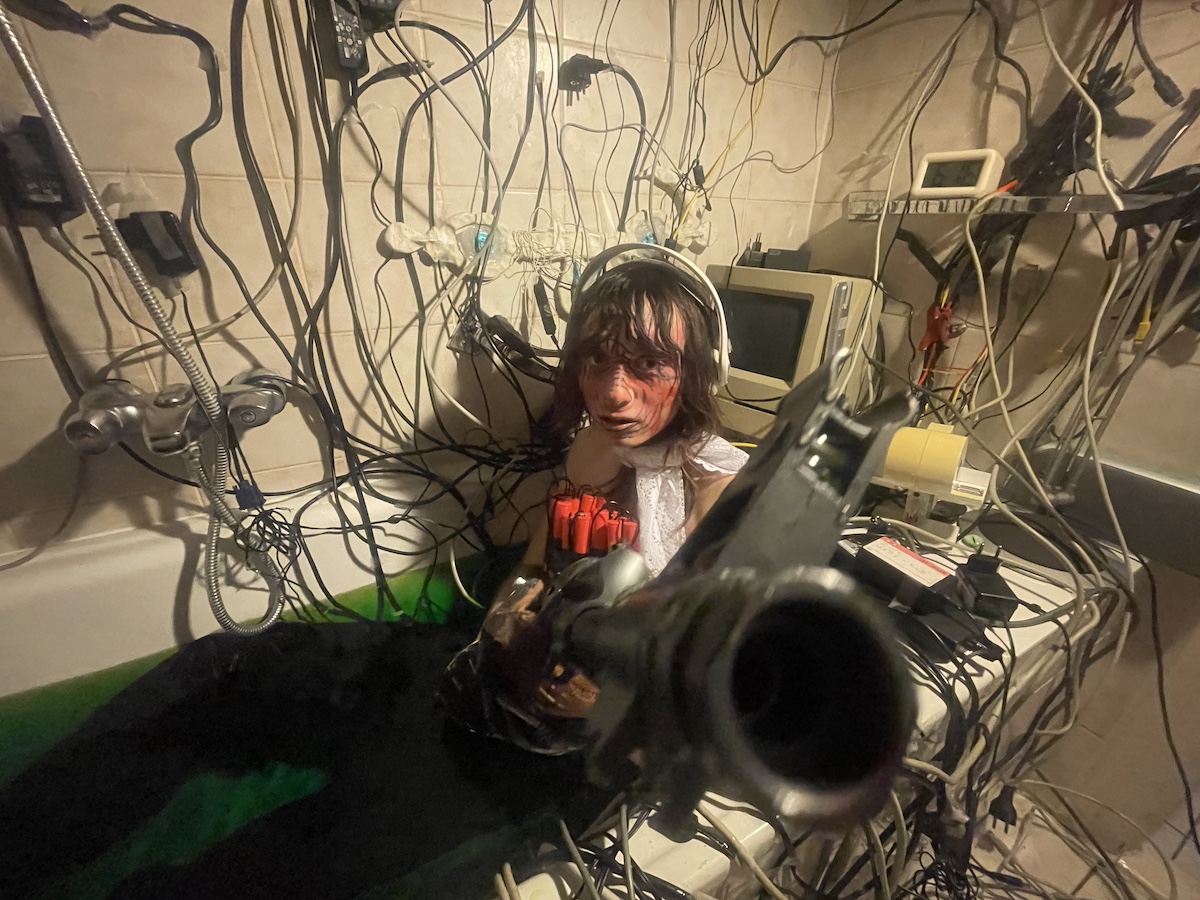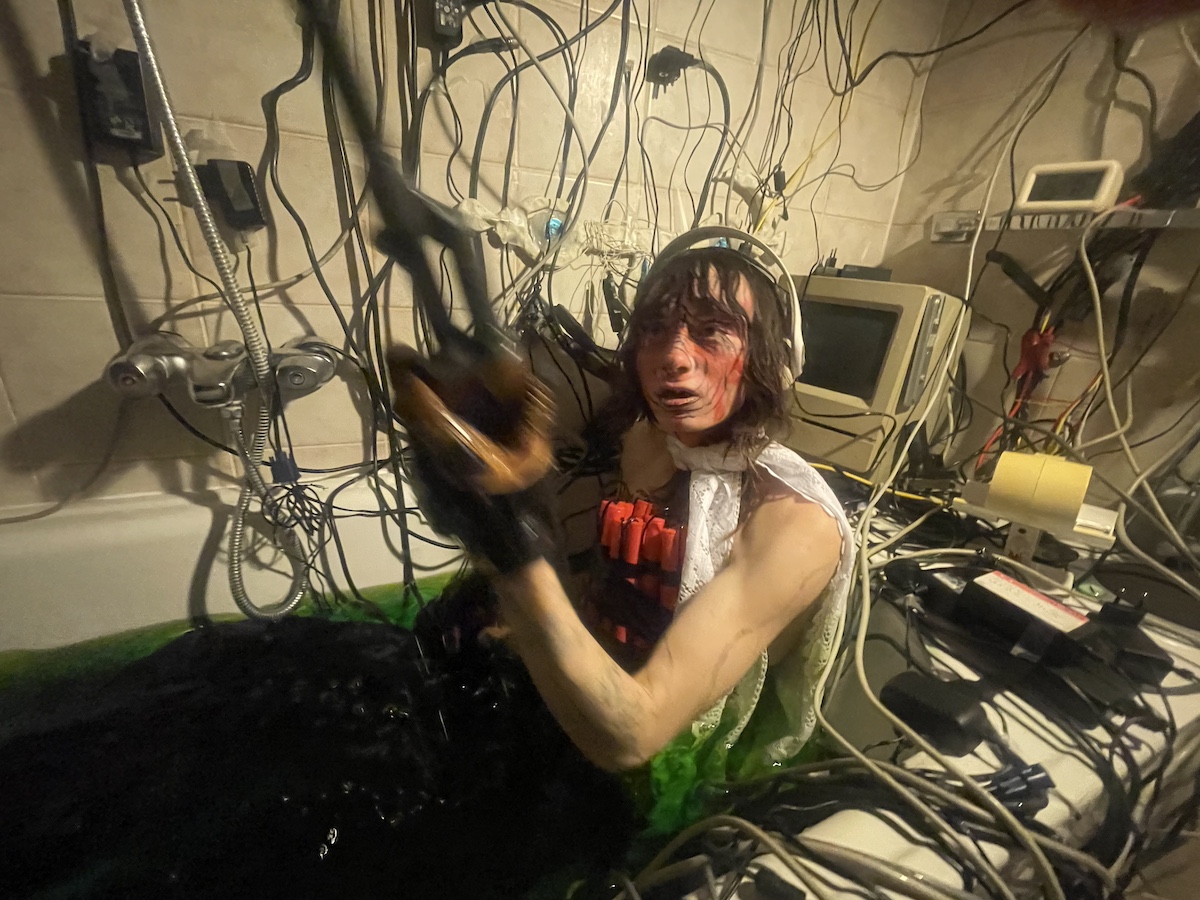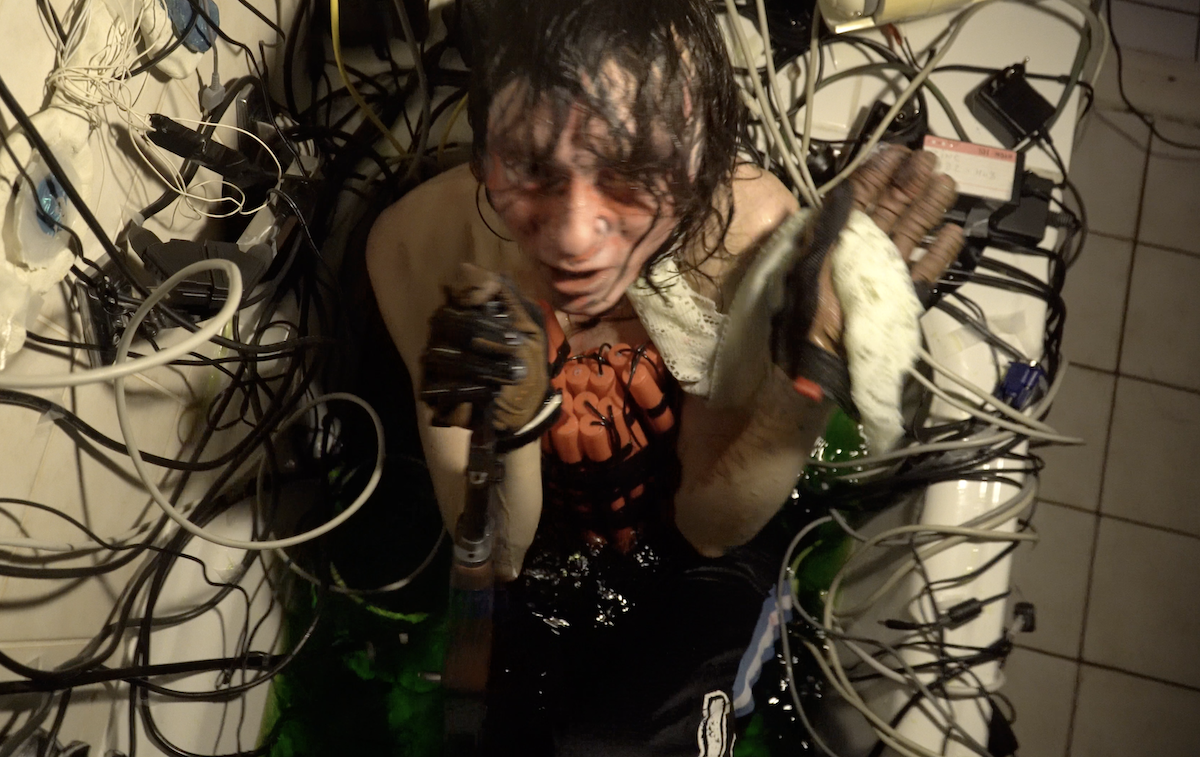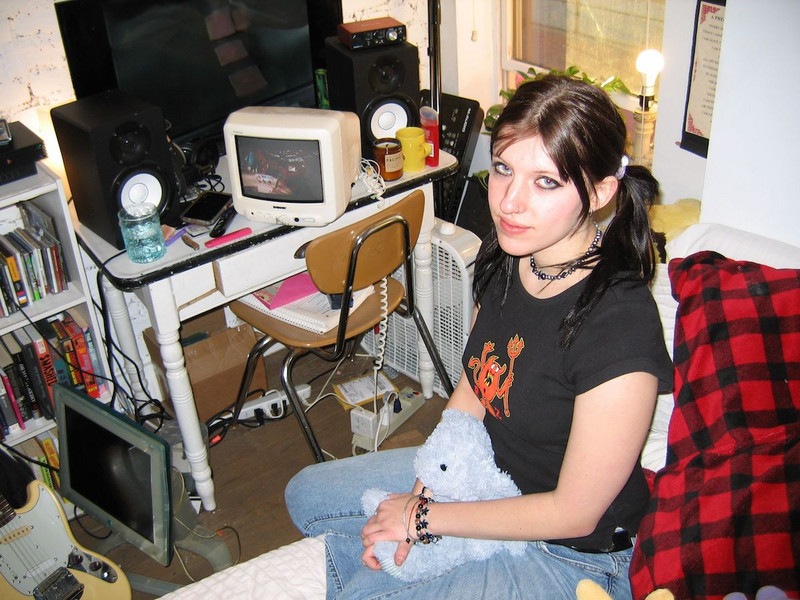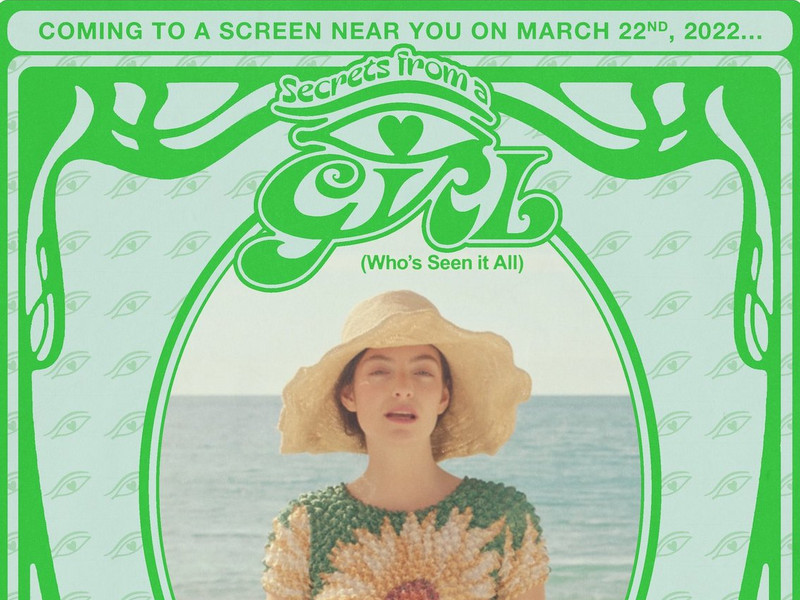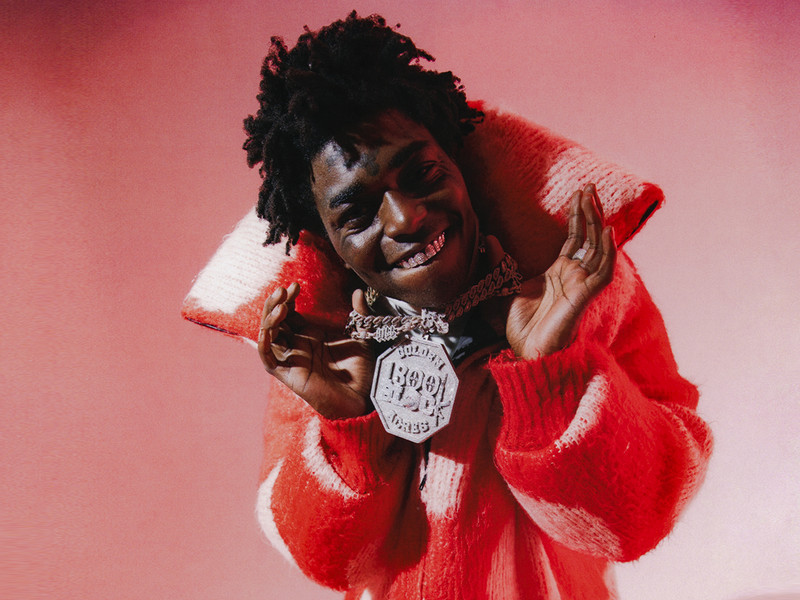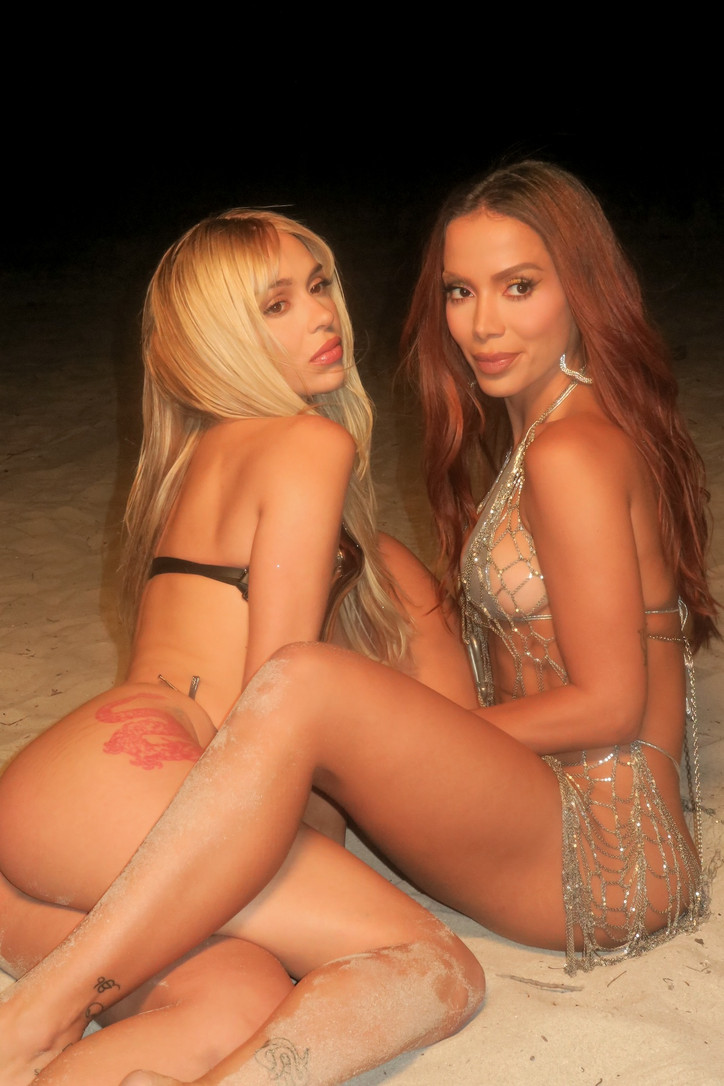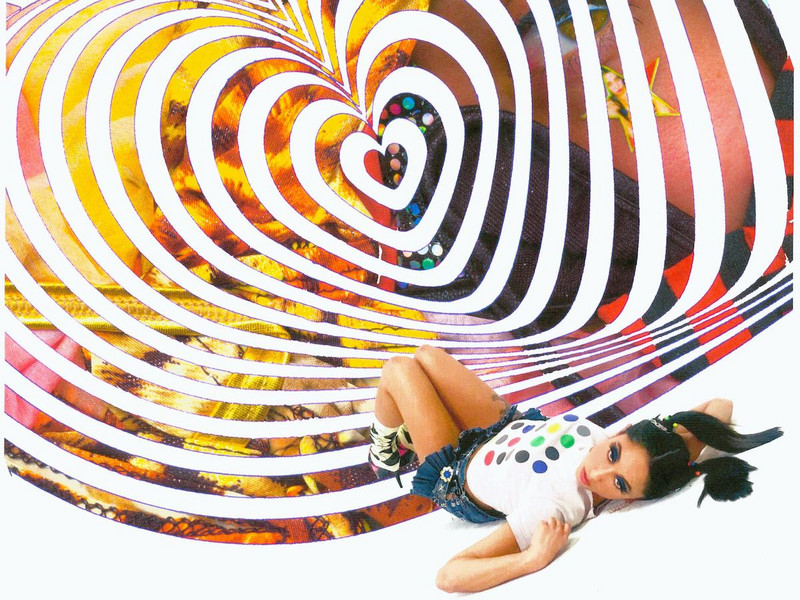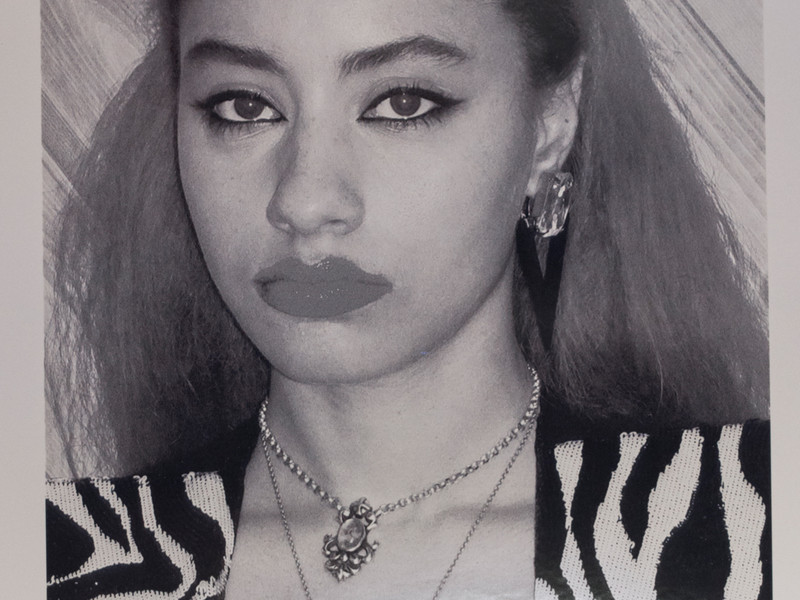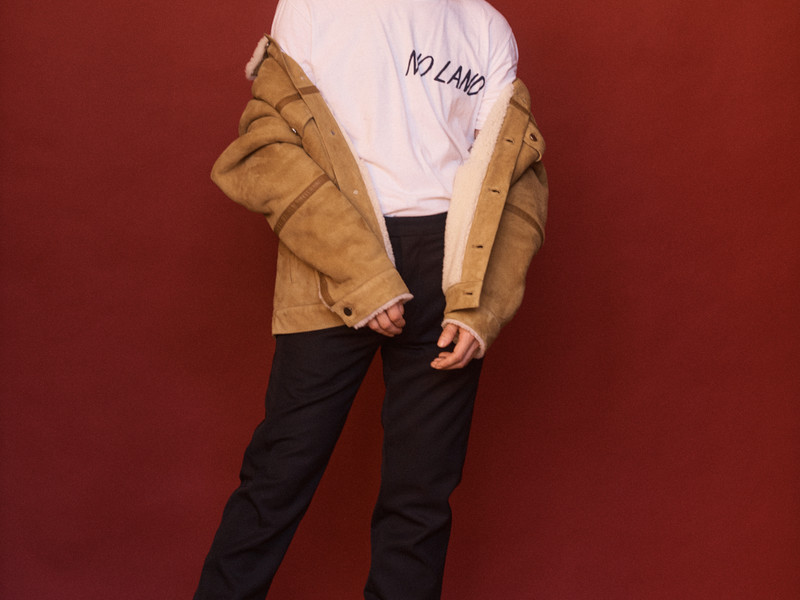COAT, archive fur, BIKINI by MOSCHINO, BOOTS by PRADA
When Taraneh was writing her first two albums, she was making music for people to listen to in their rooms. New Age Prayer, releasing on Kiss Me I'm Famous, is comprised of cross-genre references that Taraneh describes as an entirely new sound, that while ethereal and a little moody (perfect for listening to in a bedroom) is better in person. When the album drops, she, Scarlet Rae and Prints will grace the stage at Mercury Lounge so keep an eye out. ;)
The singles you've put out so far sound wildly different from your past projects. How would you describe this record?
Yeah for sure, it's super multi-genre exploring a lot of very new sounds for me in terms of genre and the way that things are presented. And it's really exciting because we've entered this era where genres are almost dead in a way. I don't know if it has to do with the way that we consume media, but that genres kind of blend in this interesting way that I've never really experienced before, at least in my lifetime, or as far as I know in the past. I feel like I'm seeing more artists who are more and more kind of liberated in terms of what they present in their music. And this record is very much that as well. I wanted to do grunge tracks. I wanted to do a tele-disco. I wanted to do industrial, lo-fi, whatever. It's a bit offbeat to have an album that is so all over the place, but there is this cohesive thread of the voice and the songwriting ultimately bringing everything together.
I've been hearing people say that — that genre is dying, but it feels like more and more people are just realizing that music is just sound, and so artists are more open to experiment to create sounds that evoke feeling rather than fitting into a specific genre.
Totally. And no shade to the artists that do stick to a genre, it's cool and valuable to find a niche but I feel like we've entered an era where it's gone steps beyond that, in which genre and subculture are just blending in such a new and interesting way. I feel like we're going to see more and more multi-genre projects.
Or maybe just no genre. Would you say that it's something you're doing intentionally or it just happens naturally?
Yeah, no genre, just something completely new. I'd say that's kind of my goal as an artist in a lot of ways. I don't think there's any point in doing something if you're not bringing anything new to the table, whether that be a new feeling that you invoke for an audience, or a sound. I'm not going to sit here and call myself a pioneer or anything, but I do think that the way that this record specifically crosses genres and almost circumvents them is something that is relatively new. Some people get it, some people don't at this point, but I don't know, I'm sure that will be something we see a lot more of.
